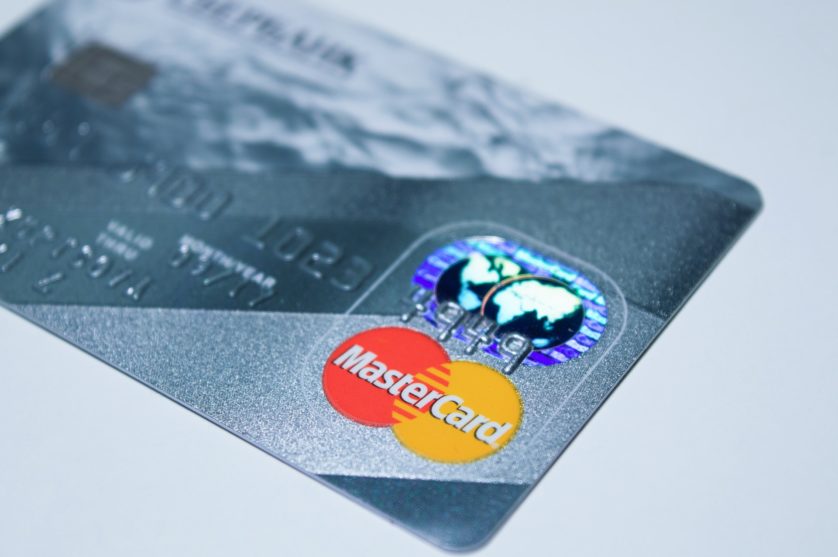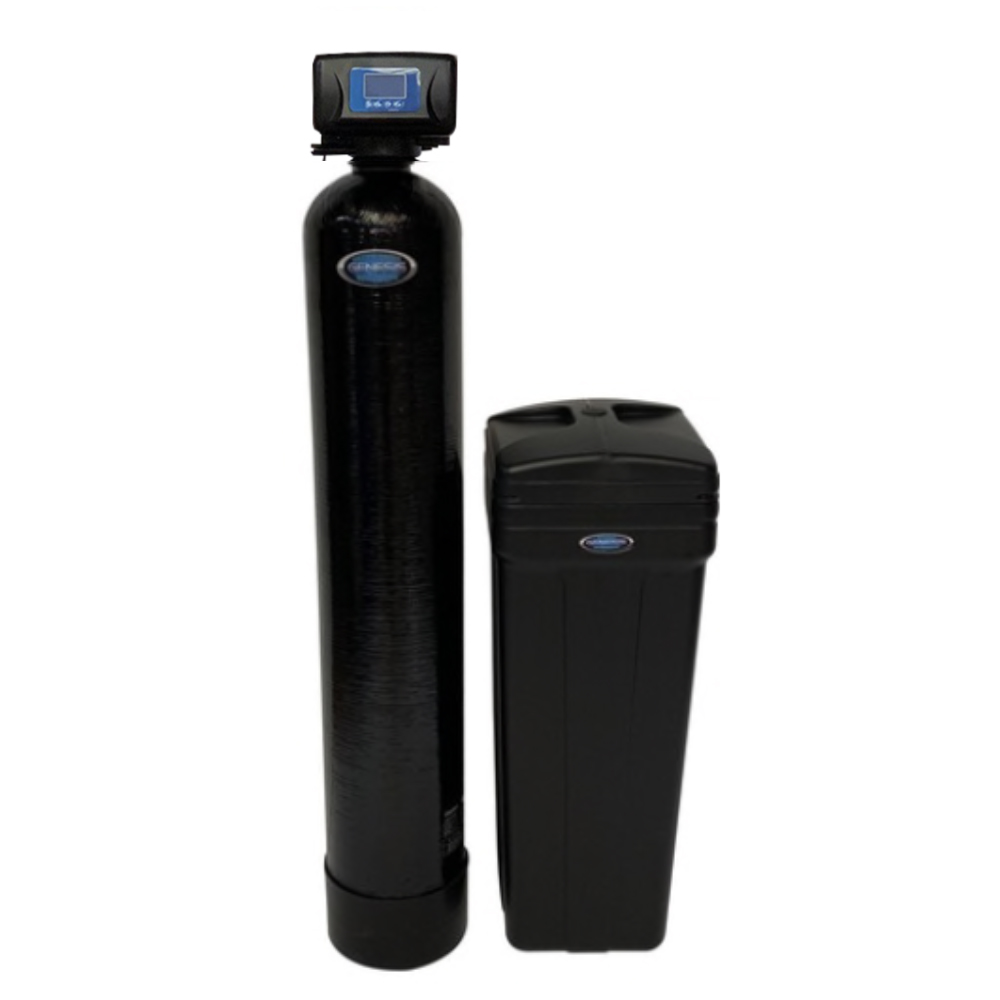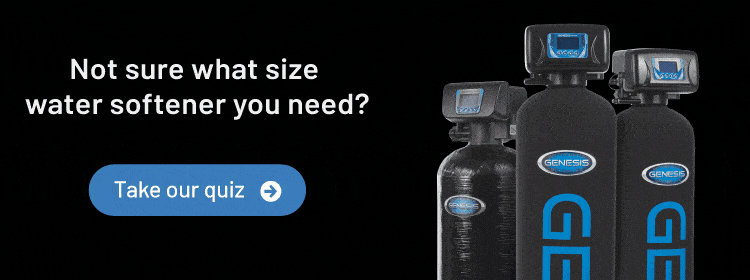Things to Know Before Buying a Water Softener
Posted by Discount Water Softeners on Nov 21st 2018
If you've ever hosted a holiday gathering, you're well-aware that prepping your home for guests is not as simple as placing a perfectly stuffed turkey on the table. There’s a great deal of work that goes into creating an atmosphere that’s clean, merry and bright that can be nearly as stressful as the invasion of your in-laws.
We may be our own worst critics, but even the most well-mannered guests would be put off by drinking out of glassware with water spots or using restrooms with heavily stained toilets. Impressing your guests is the least of your problems when you have hard water. If your New Year’s resolution is to secure your reputation as the ultimate host and have a cleaner home with the help of softened water, then it’s a great time to buy a water softening system.
How Does A Water Softener Work?
Have you ever tried to go without using the water in your home for a day? If you have, then you realize how much you depend on it for just about every household task. From washing hands and dishes, flushing toilets, bathing, laundering, cooking, and drinking, nearly every single person turns on water using appliances at regular intervals. In fact, the average American family uses over 300 gallons of water per day. When water problems arise, it’s a huge inconvenience.
Water is considered hard when it’s loaded with calcium and magnesium minerals. Hard water can diminish water pressure, the efficiency of your appliances, and the performance of detergents and soaps. The benefits of investing in high-efficiency systems are canceled out when those machines operate on hard water. In less than a month, scale and deposit can build up, putting a strain on your appliances and causing premature failure.
The purpose of a water softener is to counteract the nasty side-effects of even the hardest water. Water softeners work by replacing calcium and magnesium minerals with sodium ions through a process called ion exchange. During ion exchange, tiny beads in the water softener resin bed attract hard minerals and swap them for sodium ions, effectively removing hardness from the water.
Installing a water softener protects your home by preventing scale from clogging pipes and damaging your plumbing. A softening system produces better, softer water for cleaning, drinking, and smooth operation of all your major water-using appliances like washing machines, dishwashers, and water heaters.
What Does A Water Softener Cost?
A home water softening system is an investment that puts money right back into your pocket. Eliminating hard water extends the life-span of dishwashers, refrigerators, ice makers, washing machines, and water heaters, without frequent repairs due to crusty mineral build-up. Using hard water to run these machines means replacing them nearly twice as often as you’d need to when using soft water.
Soft water requires less detergent for washing clothing and less soap for bathing and daily chores. Inefficient appliances drive up utility and energy costs, which results in more damage to your wallet. High-efficiency water softeners can save you a bundle in the long run. Some systems require fewer than 4 bags of salt per year.
Purchasing a softening system offers homeowners the security of knowing that their home’s water isn’t ruining major appliances or causing pipe damage. Not only does hard water cost money and time, living with it means that nothing looks or feels as clean as it should be. The frustration of having dry, itchy skin, dull-looking hair, and dingy clothing, may be more than enough to prompt the desire for a swift change in water habits.
The Right System For A Tough Job
It pays to do some investigation before taking the leap into home water softening equipment. Properly sizing your softener is important. Too small, and you may run out of softened water. Too large, and you’ll end up with a system that regenerates too infrequently, causing resin damage. The right match will use the least amount of salt necessary to keep running efficiently while supplying your family with a continuous flow of softened water.
Having your water levels tested helps determine what type of filtration and capacity you need. Homes with extremely hard water demand greater filtering capacity to remove the excess minerals. Your daily water usage, as well as the hardness level of your tap water, establishes the type of softening system needed. The correct softener fits your specific water quality to a sufficiently sized system, minimizing salt and water usage and maximizing soft water capacity.
Keep in mind that using a salt- based softening system is the only way to rid water of hard minerals. Salt-free systems are used to condition water as they claim to help reduce mineral build-up. Although the promise of a salt-free option may sound like the cat’s meow, don’t be surprised when you find that these systems can’t actually soften your water. The only way to remove hardness minerals is through the ion-exchange process used in salt-based water softening systems.
The holidays offer plenty of reasons to be stressed. But once your water woes have been flushed down the drain, you’ll find that housecleaning tasks can be managed much more easily. And while a new water softener may not help combat the onslaught of in-laws, less time scrubbing toilets and soap scum leaves more time to strategize the dessert menu. Your shiny faucets and gleaming fixtures can speak for themselves.



